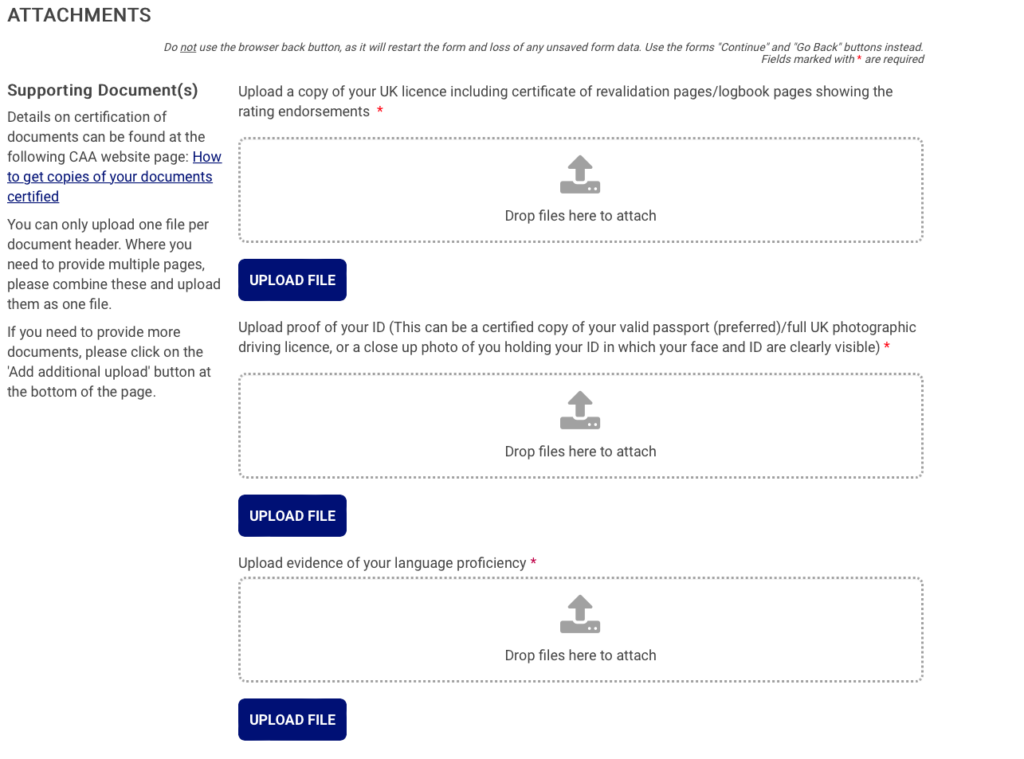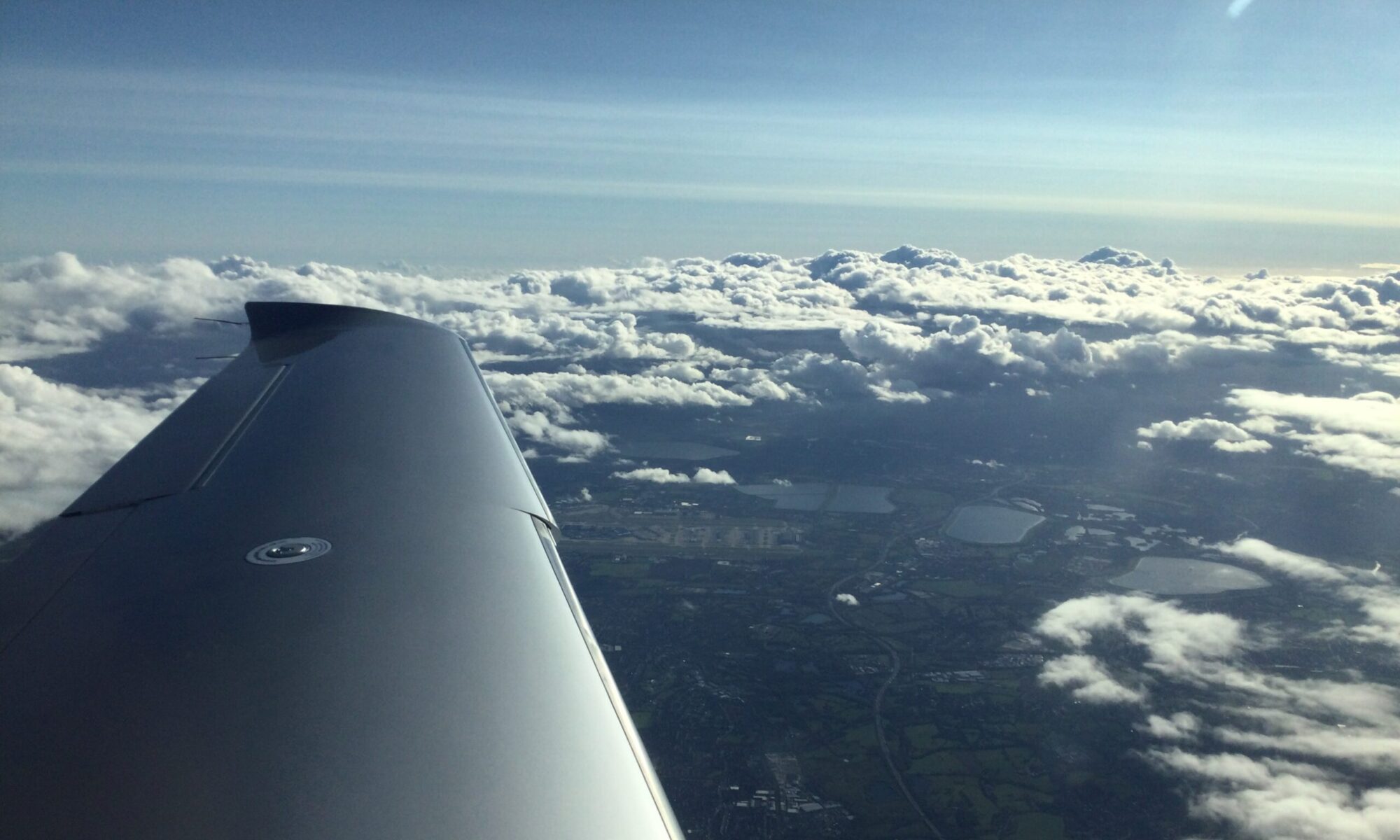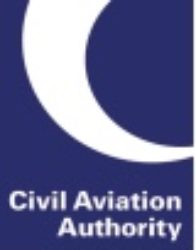The original information, written on 1st March 2019, has been updated. I have left the original version at the bottom to provide the background as to why certain FRTOL licences issued before 17th September 2012 may need a one-time only renewal but the latest information is directly below.
8th November 2022
This is rather a misnomer since the FRTOL doesn’t expire; rather, it is through a lack of the UK CAA having the holder’s language proficiency on record, and the administrative action of renewing is required. The renewal is submitted using the online SRG 1106 here. As can be seen from the screenshot below, you will need a copy of your UK licence and proof of ID (This can be a certified copy of your valid passport (preferred)/full UK photographic driving licence, or a close-up photo of you holding your ID in which your face and ID are clearly visible).
You will also need to upload evidence of your language proficiency. When renewing your FRTOL the best language proficiency form to use is CAA5012 found here (thanks to Irv Lee for the link to CAA 5012!) A UK Flight Examiner or FRTOL Examiner May sign the form as long as you are assessed as having Level 6 language proficiency. The assessment may only be done face-to-face.
Note that the fee for renewing the FRTOL when the applicant already holds a UK pilot’s licence is waived. If you have completed the SRG 1106 correctly, then the payment box should show £0.00, if it doesn’t there is a mistake!

Original Information – 1st March 2019
In 2008, in order to comply with ICAO obligations, the UK CAA started issuing standalone (see note 1) FRTOL documents that included the statement: “Language Proficiency: English”. However, the ICAO English Language Proficiency Level was not stated on those particular licence documents because the UK CAA had, at that time, no records of UK pilots’ ICAO English Language Proficiency Levels.
Instead, to meet this ICAO obligation, the UK CAA made a decision in 2008 that any holder of a UK FRTOL would be considered de facto ICAO English Language Proficiency Level 4 – “Operational Level” and all UK CAA pilot records were updated accordingly (see note 2).
This meant that pilots holding ICAO English Language Proficiency Level 4 – “Operational Level” are/were able to:
(1) communicate effectively in voice-only and in face-to-face situations;
(2) communicate on common and work-related topics with accuracy and clarity;
(3) use appropriate communicative strategies to exchange messages and to recognise and resolve misunderstandings in a general or work-related context;
(4) handle, successfully, the linguistic challenges presented by a complication or unexpected turn of events which occurs within the context of a routine work situation or communicative task with which they are otherwise familiar; and
(5) use a dialect or accent which is intelligible to the aeronautical community.
At the time, assuming a cohort of predominately native English speakers, this seems a sensible approach by the regulator but it left a legacy problem; since ICAO mandate that the English Language Proficiency Level: Operational Level 4 language proficiency endorsement must be re-assessed every 4 years. Thus if a pilot has a standalone FRTOL document issued by the UK CAA prior to 17th September 2012 (4-years from the original decision in 2008) they may now need their ICAO English Language Proficiency Level endorsement re-assessing if they have not already had their licence replaced by an EASA Part-FCL licence; during which conversion process the licence holder will have had their ICAO English Language Proficiency Level proficiency assessed and added to their EASA licence. This requirement for ICAO English Language Proficiency Level reassessment applies mostly to pilots who still hold a separate FRTOL with JAR and some pre-JAR PPLs with licences nationally issued under the UK ANO or National Private Pilot Licences (NPPL)
Furthermore, to stop pilots with language abilities that did not meet ICAO English Language Level 6 from continuing after 4 years without the correct re-assessment, the UK CAA decided to make all standalone FRTOL documents issued from 2008 time expiring. This is the background to pilots’ FRTOL ‘expiring’ it is the ‘ICAO English Language Proficiency Level’ that needs re-assessing. As mentioned above, from 17th September 2012 onwards, applicants for new or replacement licences, or for the conversion of existing national licences, must supply evidence of language proficiency in English and this is added to the licence.
The problem is exacerbated by UK CAA form SRG 1106 “Application for Flight Radio Telephony Operator’s Licence – Issue or Renewal” which requires, under paragraph 4, that the date, pass mark, paper number for both UK Communications (written) theory examination and RTF practical test be entered on the form, which implies that the applicant needs to re-take the Communications theory exam and RTF practical test prior to their FRTOL being renewed!
This doesn’t make sense given that the only reason for the ‘expiry’ of the FRTOL is related to ICAO English Language Proficiency and not the theory knowledge and/or practical radio skill and ability. Form SRG 1106 also requires the ICAO English Language Proficiency Level be entered, which makes sense and which, for native English speakers, may be informally assessed by an RT Examiner or Part-FCL Flight Examiner.
Furthermore in Section 5 the SRG 1106 goes on to provide entries for the “Certificate of Experience for Grant or Renewal” that relate to either an applicant “Undergoing a recognised course of pilot training with an Approved Training Organisation”; or “Is employed in this company and has exercised the privileges of the FRTOL in an aircraft operated by the Company in the 36 months preceding this application. Logbook evidence of this operation in accordance with the ANO currently in force shall be provided”. To further confuse, neither of these statements normally apply to a holder of the expired FRTOL.
CAA form SRG 1199 “Application for Record of English Language Assessment” should be sufficient to overcome the legacy issue outlined above but whether submission of that in itself will trigger the renewal of an expired FRTOL is not known and cannot be assumed.
I e-mailed the CAA examiners e-mail address examiners@caa.co.uk on 1st October 2018 to confirm what the process should be and I am happy to assist pilots with their English Language Proficiency as long as they are native English speakers.
At the time I e-mailed, the CAA were experiencing a high volume of e-mail so I didn’t receive a response. On 10thJanuary 2019, however, I spoke to Richard Craske (CAA staff examiner responsible for the FRTOL examination, issue and renewal process) so he is and was already aware of this expired FRTOL scenario. The advice given was that the applicant need not re-take either the Communications theory examination paper or the RTF practical test but to complete CAA form SRG 1106 “Application for Flight Radio Telephony Operator’s Licence – Issue or Renewal” and submit with the relevant fee and annotate the form with the following wording:
“NOTE: This application is for a FRTOL renewal. The applicant previously passed the communication theory exam and RTF Practical test and was issued with FRTOL with an expiry date due to lack of recorded English Language Proficiency (ELP) Level 6. The ELP has been assessed and meets the threshold for ICAO Level 6 and this application is for a non-expiring FRTOL based on previously held FRTOL and the assessed ELP.‘
Further to the discussion with Richard Craske mentioned above I received an e-mail response from FCLWEB@caa.co.uk as follows:
“The FRTOL renewal process is mostly a paperwork exercise, and there is no need to show any form of recency in exercising the privileges of the licence when applying to renew, regardless of whether the licence remains current or has lapsed.
As per regulation introduced in 2008, to exercise the privileges of a FRTOL the holder must have demonstrated ICAO English language proficiency (ELP) Level 4, 5 or 6, that has been tested by an approved UK CAA examiner or language school. This requirement is set out in CAP 804, Part I, Section 4, Part M – ‘ICAO and EASA Language Proficiency Requirements for Flight Crew’. Please also refer to our Skywise alert:
Please note that this CAP is currently under review and for reference only. You will be required to refer to the regulations as published by EASA to ensure that compliance is maintained in respect of the Part FCL licence requirements.
The ELP must be obtained before we are able to issue or renew a FRTOL. Old-style licences that include the remark ‘Language Proficiency: English’ cannot be accepted in lieu of the ELP, as this is not a tested proficiency.
On completion of the above the following documents are required:
– FRTOL application form SRG 1106
– English Language Proficiency form SRG 1199 (if not already held or endorsed on the SRG1106)
– A certified true copy of your licence
The current fee as per the CAA Scheme of Charges of £77.00. Where any other flight crew licence is held, there is no fee for the FRTOL renewal.
You can post these documents to the address in my signature or email them to licenceapplications@caa.co.uk.
We request that you have read the quoted guidance documents and/or relevant regulations before responding with any further queries.
Please note that this guidance has been provided based on the information contained within your email and could be subject to change should new information come to light.”
Notes:
1) Standalone here means as a separate piece of paper from the pilot licence.
2) CAA records for individual pilots may show Level 5 or 6 if acceptable evidence of proficiency to those levels has been accepted by the UK CAA since the records were updated.
3) Pre-JAR PPLs nationally issued under the UK ANO does not mean the National PPL (NPPL).

